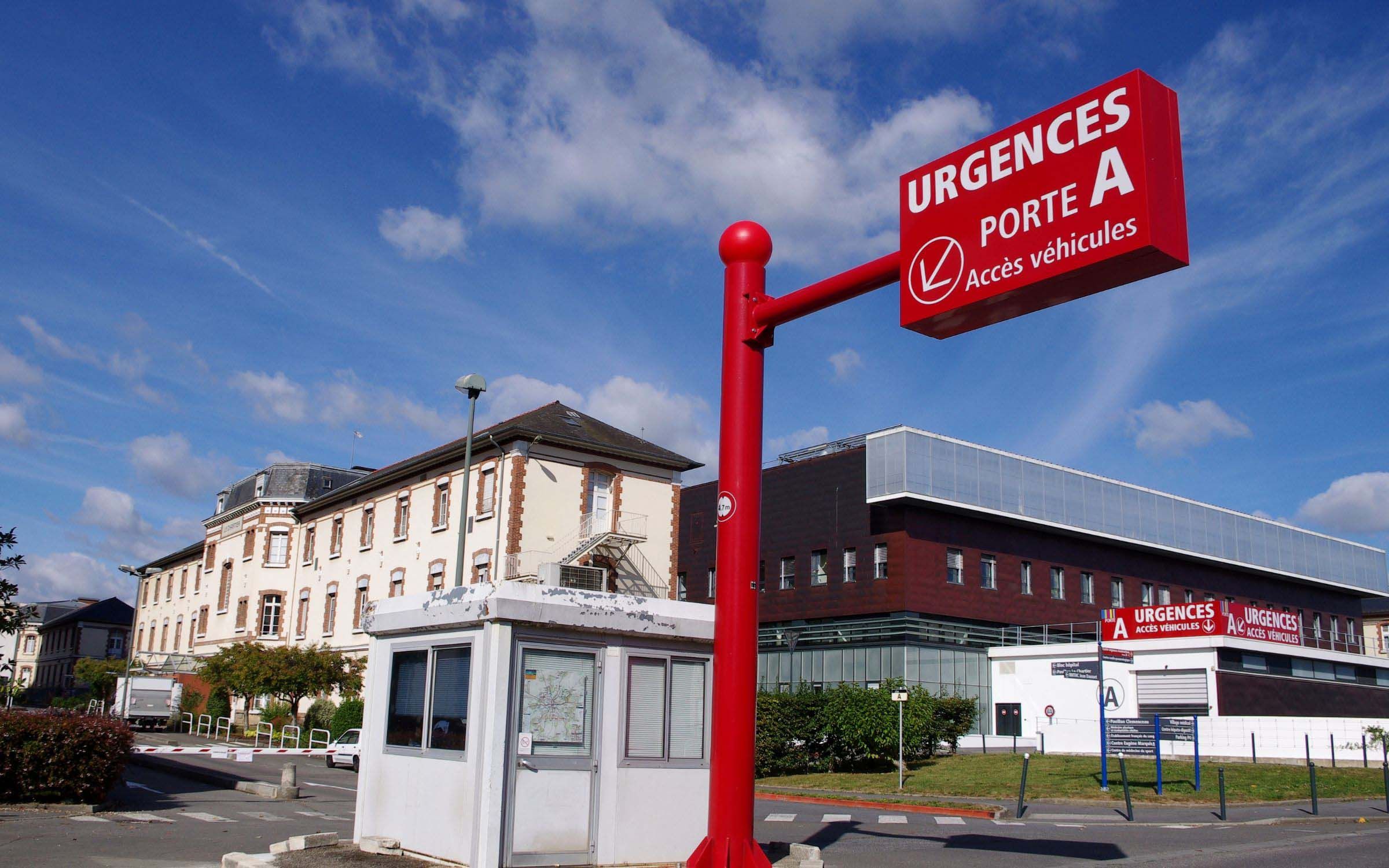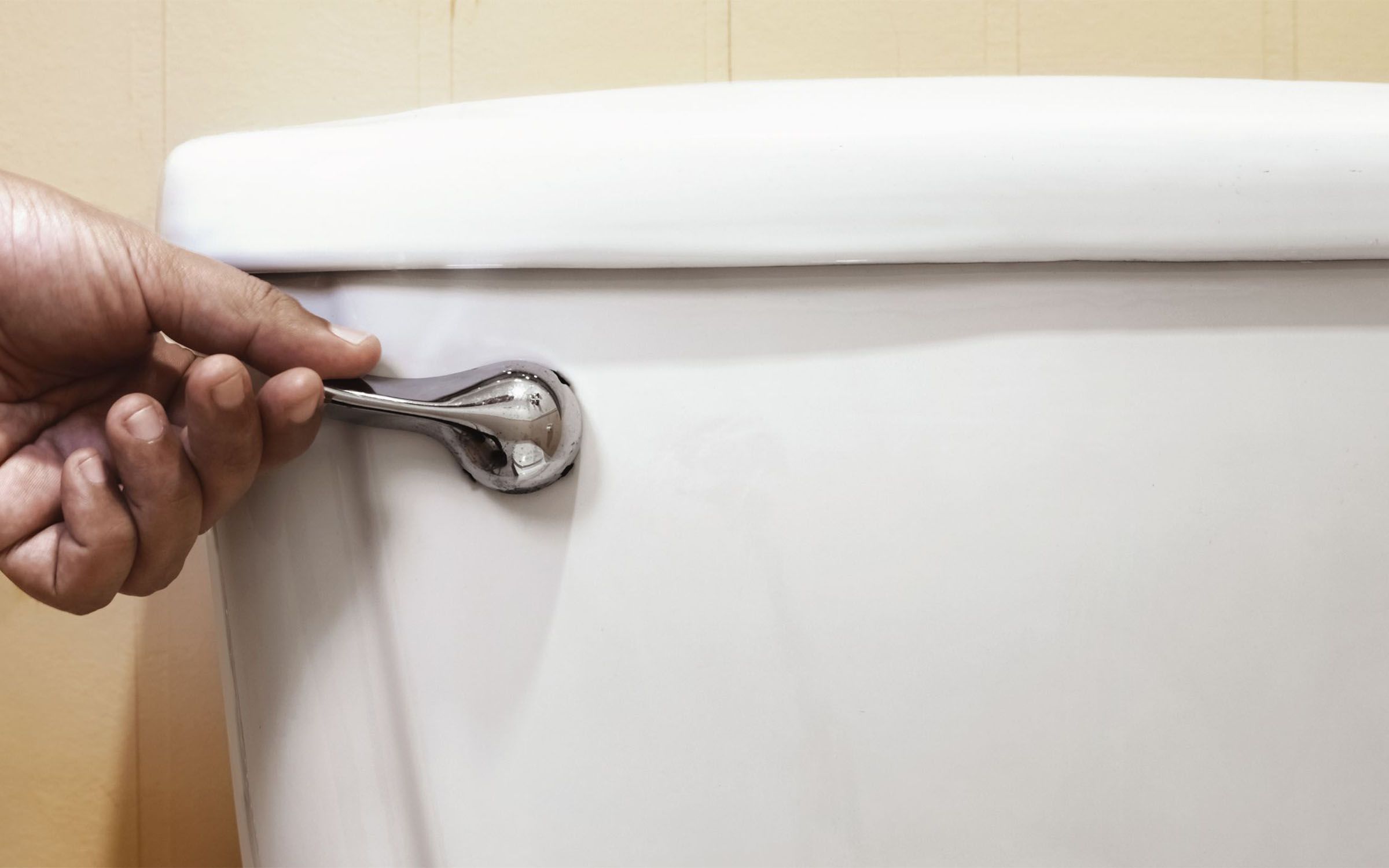Enjoy this Article, Statistics, Insights and Much More...
Genital Size

Continue Reading your
Article with a Genital Size
Subscription.
Explore our Subscription Plans
More Coverage
Tragic Death of Man Recovering from Penile Gangrene Following Improper Catheterization
Improperly applied external catheter leads to penile gangrene and tragic death. Learn more about the importance of proper catheterization techniques and patient care.
Edmonton Officials Remind the Public that Women can Go Topless in Public Pools and Parks
City officials in Edmonton have announced a reminder that women can now enjoy the same rights as men and go topless in public pools and parks. This decision aims to promote gender equality and encourage women to enjoy the summer weather.
Study Shows Drinking Coca-Cola and Pepsi May Increase Testicle Size and Testosterone in Men
A recent study from Northwest Minzu University suggests that drinking Coca-Cola and Pepsi may lead to larger testicles and higher testosterone levels in men.
China's Ban on Female Lingerie Models: Livestream Fashion Companies Turn to Male Models
Livestream fashion companies in China are featuring male models in their videos in response to the ban on female lingerie models.













